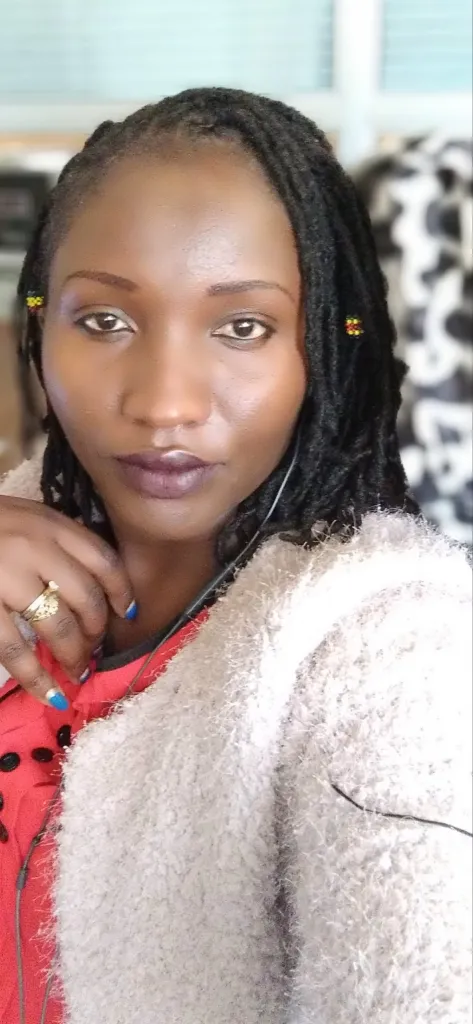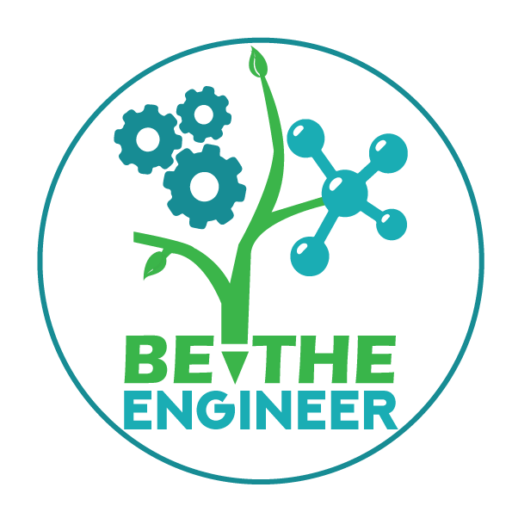Roselyne is a Chemical and Processing Engineer with 3 years of experience, a mother of two kids, and the first chemical engineer to ever work in the mining sector in this country. She is a registered member of the Engineers Board of Kenya. She also worked as an acting production supervisor in a tea factory before she joined the mining sector. When she is not working she volunteers in mentoring the youth. She spends her free time cooking and watching movies.

Q: Can you share a little bit about what it is that you do and what a typical day for you is like?
A: My typical working day starts at 8 am-5 pm. In the government, we are more of regulators and researchers than technical ones. We provide extension services to all the miners especially the artisanal miners and small-scale miners. We also promote mineral value addition within the country. We also provide technical support to mineral value-addition entities. We disseminate mineral value addition information to relevant stakeholders.
Q: Did you always know that working in engineering was what you wanted to do? How did you decide to go into Chemical engineering? What inspired you?
A: No. Initially, I wanted to be a doctor because I did love and passed Biology, Chemistry, and Math, but because my points were not meeting the JAB requirements I decided I would do any science-related course. It was then that I met the current Senator of Bomet, then he was a lecturer at Moi University. He introduced me to engineering specifically Chemical & Processing and Mechanical & Production engineering. Of the two I fell in love with chemical engineering and the rest is history.
Q: I don’t think it’s any secret that many women in STEM have felt their gender has affected the way that they are perceived and/or treated. Have you ever been in a situation like that? How did you handle it?
A: Yes. I remember there this time I was an intern at some tea-producing factory, I was the acting production supervisor, and they were underpaying me just because they thought I was not capable of working as expected. It’s never easy working in a male-dominated field; you have to prove them wrong to be treated right. Bringing motherhood into the picture, giving up is not the solution. So balancing work and motherhood becomes a challenge, and it’s a challenge we have to accept and cope with.
Q: What is your take on the number of women in engineering? Why do you think that’s the case? What do you think can be done to change that?
A: Starting from university we were 8 in a group of 35. At my workplace, I am the only lady in a group of 8 men. The number is always low as compared to men but at least there is an improvement. I think women are still doubting their capabilities. More mentorship programs should be done especially at the high school level to nurture them towards increasing the future of women in the engineering sector, and websites like this help to create more awareness.
Q: How would you explain your Engineering field to young girls?
A: Chemical engineering is simple. it’s about the processing of raw materials to finished products in the most economical way possible and should be environment friendly.
When you have the capabilities go for it and believe in yourself. Nothing is for men alone.
Be the Engineer 2023
Wonderful NicDark WP Theme

